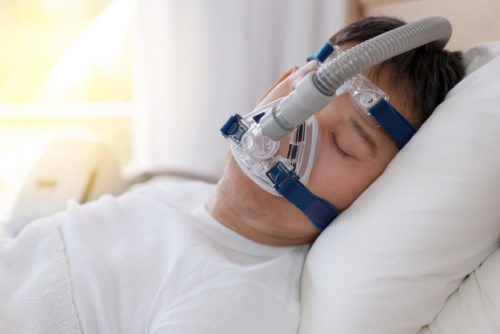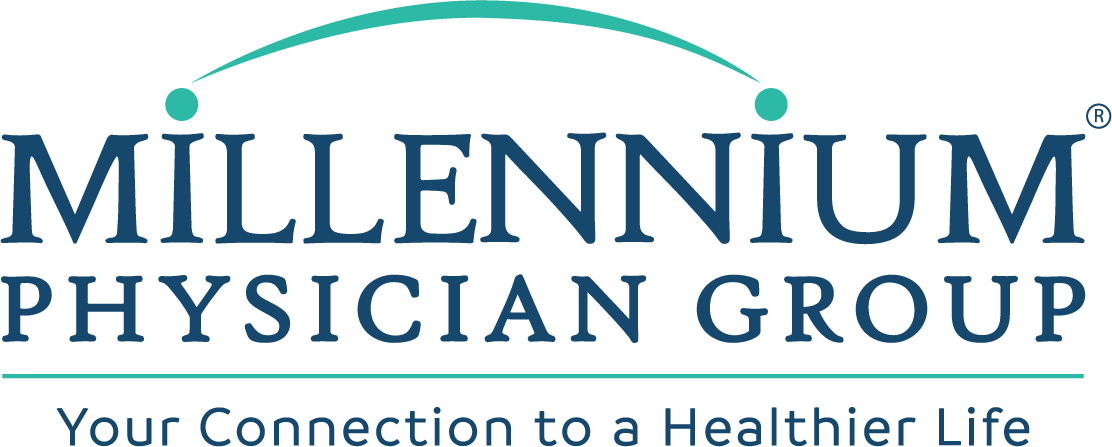Better Sleep Solutions for Sleep Apnea

The end of Daylight Saving Time means an extra hour of sleep … but is it a quality hour of sleep? Sleep apnea could be affecting your sleep and your health, but diagnosing and treating it is easier than ever before.
“In sleep apnea, when you fall asleep, the muscles in the back of your airway basically just close off and collapse,” explains Millennium Physician Group Sleep Specialist Fariha Abbasi-Feinberg, M.D. “You end up not getting enough oxygen in, which over time can cause damage to the heart and to the brain.”
Sleep studies are used to diagnose sleep apnea. They record the number of episodes of slow or stopped breathing detected in an hour. They also determine if blood oxygen levels are lower during these events.
“In the past, you would have to come into the sleep lab and spend a night there,” admits Dr. Abbasi-Feinberg. “Nowadays, we mostly use home sleep apnea testing. It makes it much, much easier for the patients.”
A diagnosis of sleep apnea doesn’t always mean a prescription for a CPAP machine.
For mild cases, some of today’s treatments are much more patient-friendly than in the past.
“There are oral appliances that are FDA-approved for people who have sleep apnea,” says Dr. Abbasi-Feinberg. “These are best for folks who have mild to moderate sleep apnea. They are fabricated by a dentist, and it basically moves your lower jaw forward and out a little bit, and it keeps your airway open.”
These oral appliances have been shown to improve symptoms of sleep apnea, including daytime sleepiness, moodiness, concentration issues, and snoring
Comments are closed.

 Your Safety is our Priority! Masks May Be Required at Millennium Offices.
Your Safety is our Priority! Masks May Be Required at Millennium Offices.